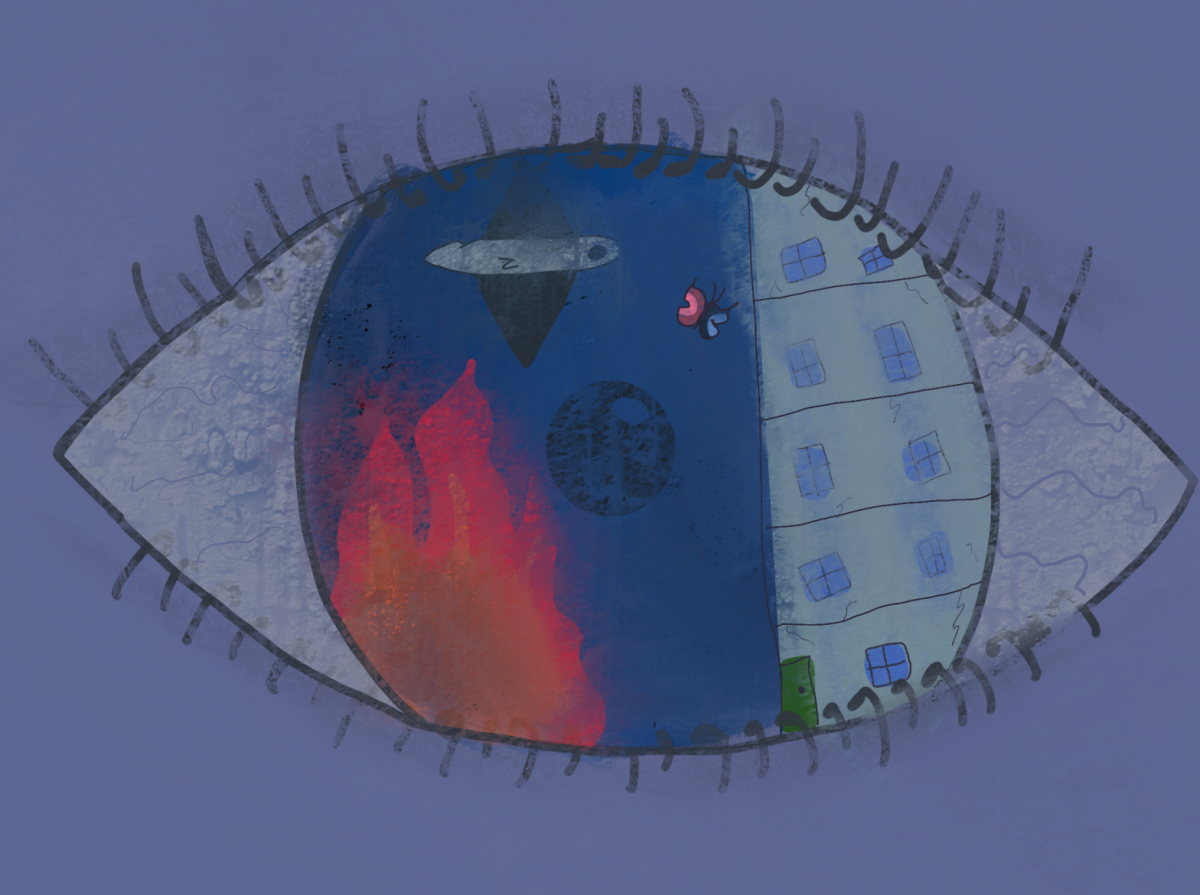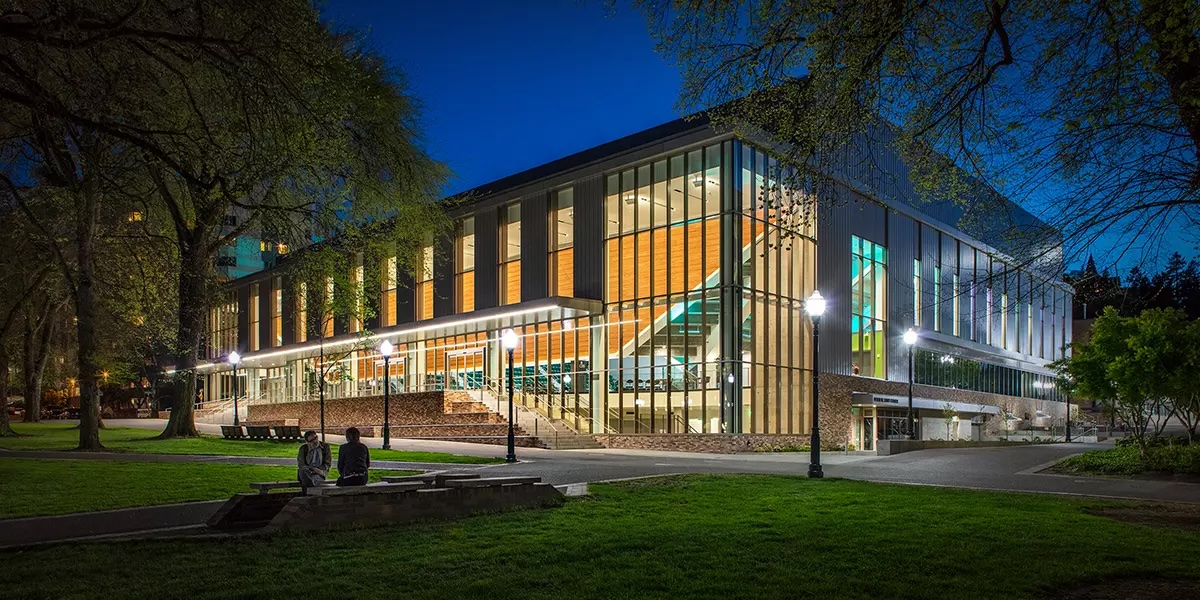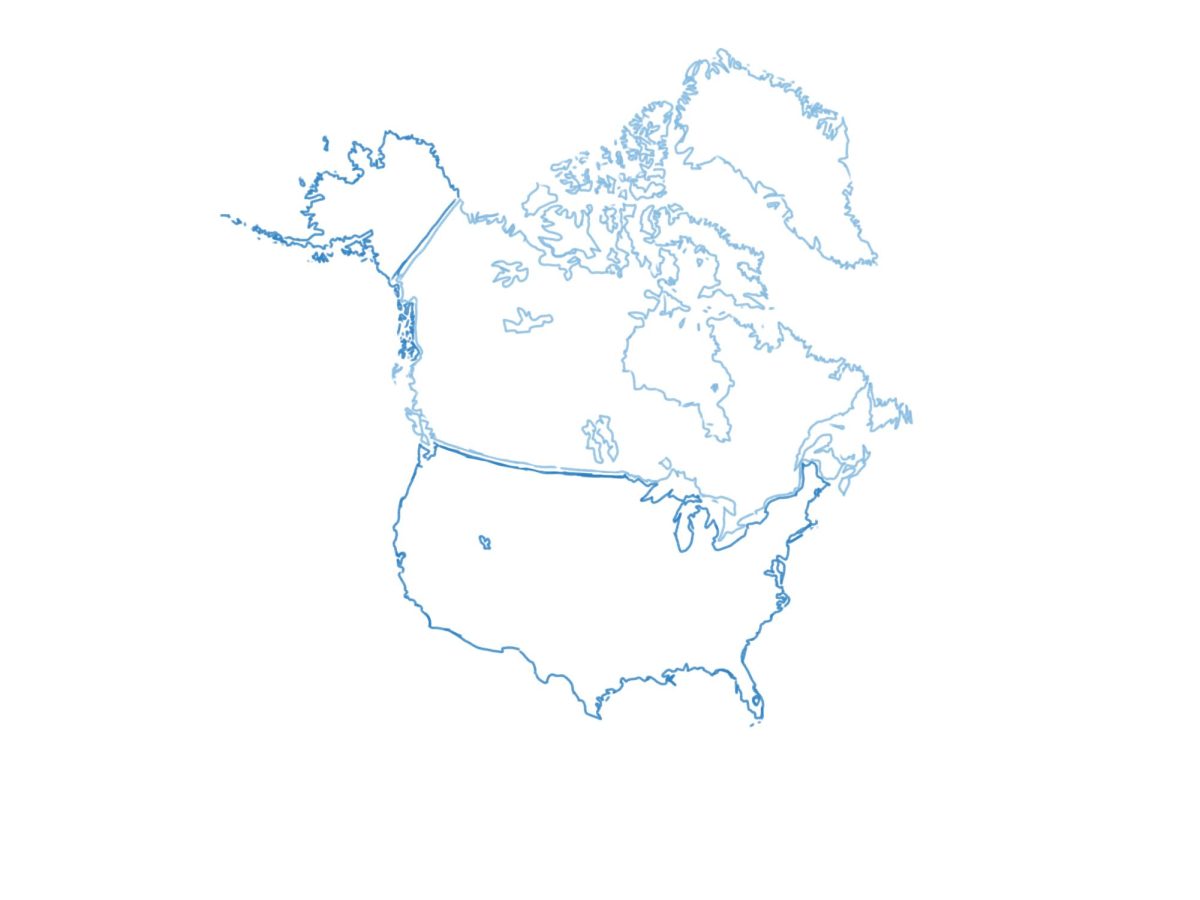A military transport plane containing 65 captured Ukrainian army servicemen crashed in Belgorod, a city in southwest Russia, just outside the border of Ukraine in late January. A video of the tragedy shows a plane in the distance dropping out of the sky and seconds later, the plane explodes into a massive dome of fire and smoke. Car alarms blare and people gasp in fear while uncertainty rises as to who shot the plane down and what the motive was. But one thing is for sure: the violence produced from the Russia-Ukraine War is continuously active and is affecting lives day by day, on and off the frontlines.
In fact, NATO warns that Ukrainian troops are experiencing a serious ammunition shortage. According to Voices of America (VOA), an international multimedia broadcaster, thousands of artillery rounds are fired by Ukrainian troops daily defending against the constant Russian invasion. In addition, the European Union – which includes the UK – has arranged a plan of action to boost production of weaponry that contains many expenses: $2.2 billion for the joint acquisition, $1 million of ammunition rounds, and an additional $550 million to crucially boost defenses in ammunition production.
Aside from Ukraine’s struggles, the country has also shown tenacity by extending attacks onto Russian soil. A Ukrainian drone struck and erupted four oil tanks at a long oil depot in St. Petersburg on the two-year anniversary of Russia’s full-scale invasion and, coincidentally, in Vladimir Putin’s hometown, traveling just over 1,000 miles. A Russian news agency, TASS, claimed the fire covered “an area of around 1,000 square meters,” and others claim the fire grew even more after that.
Ukraine may be momentarily struggling on the battleground, but they have proven they are able to be resourceful and plan strategic attacks.
To delve more into the topic, Sergey Bas, an IT administrator at Tualatin High School, shared his thoughts on what the Ukrainians and Russians are experiencing,
“It really hurts me to see videos of kindergarten kids being dressed in military uniforms because they are being raised as soldiers whose job is to protect the government and die for their motherland,” Bas said. “It’s really sad.”
Bas was raised in Ukraine and has expressed his interest in the war by researching history and influences, and he even welcomed a family of Ukrainian refugees last year and aided them in getting settled. Furthermore, Bas draws positives from the war by sharing the influence of communities that can help others from a region that’s more unique than anyone expected..
“In a way it’s bad; in a way it’s good,” Bas said. “We’ve been able to brush up on our beautiful, wonderful connections in the region and re-establish our allies.”







